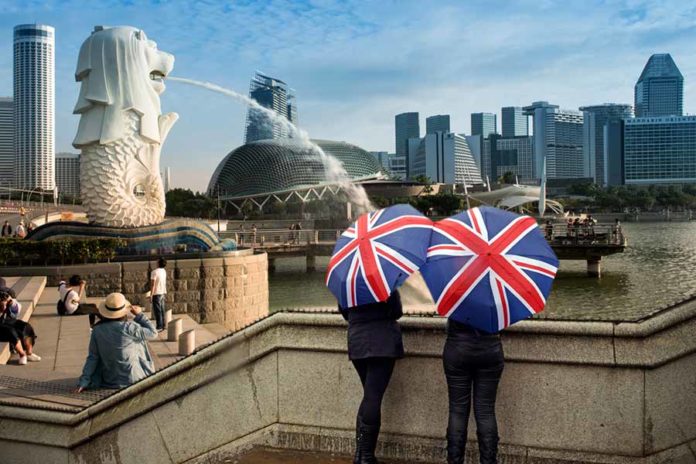The High Court of England and Wales has recognized Singapore’s new moratorium law for companies unable to pay their creditors. The ruling is positive for debt workouts across different jurisdictions and a boost to the city-state’s ambition to become Asia’s debt restructuring hub.
Rajah & Tann Singapore and the London office of US law firm Lord Locke said the High Court of Justice Business and Property Court of England and Wales had on 25 March 2019 recognized the moratorium relief granted by the Singaporean court to their client H&C S Holdings under section 211B(1) of the Companies Act as foreign main proceedings under the UNICITRAL Model Law.
This is the first time a court outside Singapore has recognized section 211B of the Companies Act, which deals with the enhanced moratorium in relation to a court-sanctioned arrangement or compromise (known as a scheme of arrangement) between a company and its creditors when the former is in distress or insolvent.
The section was introduced by Singapore’s parliament in 2017 as part of a major overhaul of the city-state’s corporate restructuring and insolvency laws. It made it easier for companies, especially those with creditors from around the world, to be rescued and rehabilitated.
In a statement Rajah & Tann said the overhaul was also aimed at attracting debtors and creditors in the region to come to Singapore for corporate restructuring.
In the case of H&C S Holdings, the firm’s new managing partner, Patrick Ang, submitted a report to support the Recognition Application and explained the background of the 2017 Amendment Act and section 211B.
During the English court hearing, it was noted that this case was “uncharted territory,” there having not been a recognition of this type of proceedings in a UK court before.
Raja & Tann said ICC Judge Jones was satisfied with the arguments put forward by counsel Jennifer Meech of Enterprise Chambers (instructed by David Grant and Marc Abrahams of Locke Lord), and evidence before him that the requirements of the British Cross Border Insolvency Regulations (incorporating the Model Law) had been met. Locke Lord was instructed by Rajah & Tann Singapore (assisted by partners Chua Beng Chye and Raelene Pereira).
“This ground-breaking decision is a significant development for Singapore’s debt restructuring and insolvency regime,” said Ang. “It addresses previous uncertainties on whether the English courts would recognize our new moratorium order, and whether a Singapore scheme of arrangement proceeding is a ‘foreign proceeding’ for purposes of UK’s cross-border insolvency regulations.”
Grant, from Locke Lord, added: “This is an important acknowledgment of the doctrine of universalism of restructuring and insolvency under the UNCITRAL Model Law. We hope to see more cases of this nature rightly recognized by the English Court.”



























